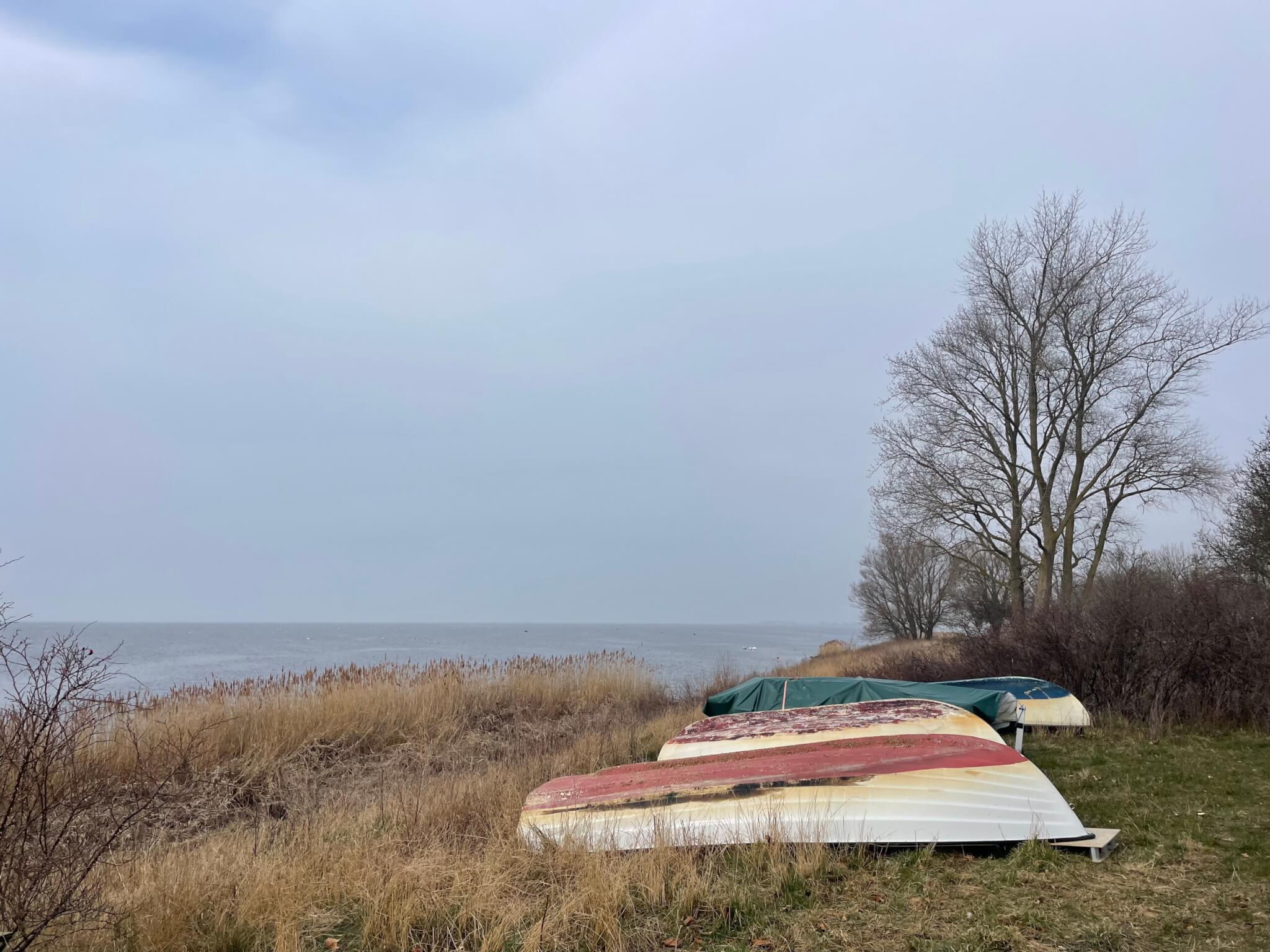
Gert Biesta on 3D chess and the importance of asking ourselves what we are going to do with our freedom
Last night, I watched Gert Biesta on the Talking Teaching podcast (youtube video embedded below, above some wave watching pics! ;-)) and it is giving me language and images to use when talking about the purpose of education.
In his view of the purpose of education, there are the three functions of qualification (equipping to function in the workforce and society; understanding, skills, capabilities), socialisation (a sense of orientation in the world, and to cultural practices, traditions), and subjectification (encouraging students to be subject of their own life, not object of all the other players and forces, becoming autonomous and independent in thinking and acting), that I wrote about recently.
He presents an image of how these three play together: they are like three boards in a setup of 3D chess, where a move on one board also influence the games on the others. He gives an example from teaching history, but for STEM teaching it might mean that if we focus on just calculating things (qualification), that implies what we value (socialisation), and how we see the students’ role in the world (subjectification — or in this case, not). “I only teach facts” is, in itself, already not neutral, it is communicating a value judgement and an approach to being in the world.
There was a lot of Nazi talk in the conversation, which I always find difficult, but Biesta’s point is that Nazi Germany was “brilliant” at socialisation, rather good at qualification, but did not have a focus on subjectification. Which, according to him, led to trauma for education scholars after WWII on what went wrong, when there had been really good education and culture and everything. But, according to Biesta, in that education they forgot to (or purposefully did not?) ask the question of “what will you do with your freedom?”. He stresses that humans, as moral beings, can and should always ask “what can I do with what I am learning?”
Based on this, he proposes a test to distinguish between good education and bad education. If what is proposed would also have worked for Nazi education, then we shouldn’t pursue it. So focus on socialisation and qualification only? Not good. (Talking about this test, he also acknowledges that we might need more and other reference points for where education actually becomes a problem to really make this test appealing to new generations. But there is definitely no lack of other examples…)
One question that I really appreciated was how warning against too much socialisation fits with all the other education scholars always talking about the importance of belonging. And Biesta responded that of course there needs to be a balance between feeling at home in an education and being able to question “the home”. Is this where I want to belong? What is it that I belong to? And I think that fits well with the criticism of belonging that I also discuss here.
And the last point, and way to express, that I will take with me is to make the point of “world-centred education”. There has always been the see-saw of student-centred discovery learning, then focus on curriculum and knowledge, and back. But we need both, and bring them together, to prepare and encourage students for a life in the world. Therefore the world is the real centre of education, and it is also not just a passive object. It has questions for us to answer, and work for us to do. He doesn’t make the connection to sustainability explicitly, but for me it is so clearly there that the point almost doesn’t need to be made (and yet I did…).
But here is the podcast episode, it is really worth watching!
And then, here are some pictures from a dip last week, when I took the pictures but didn’t blog them. Yes, that happens.
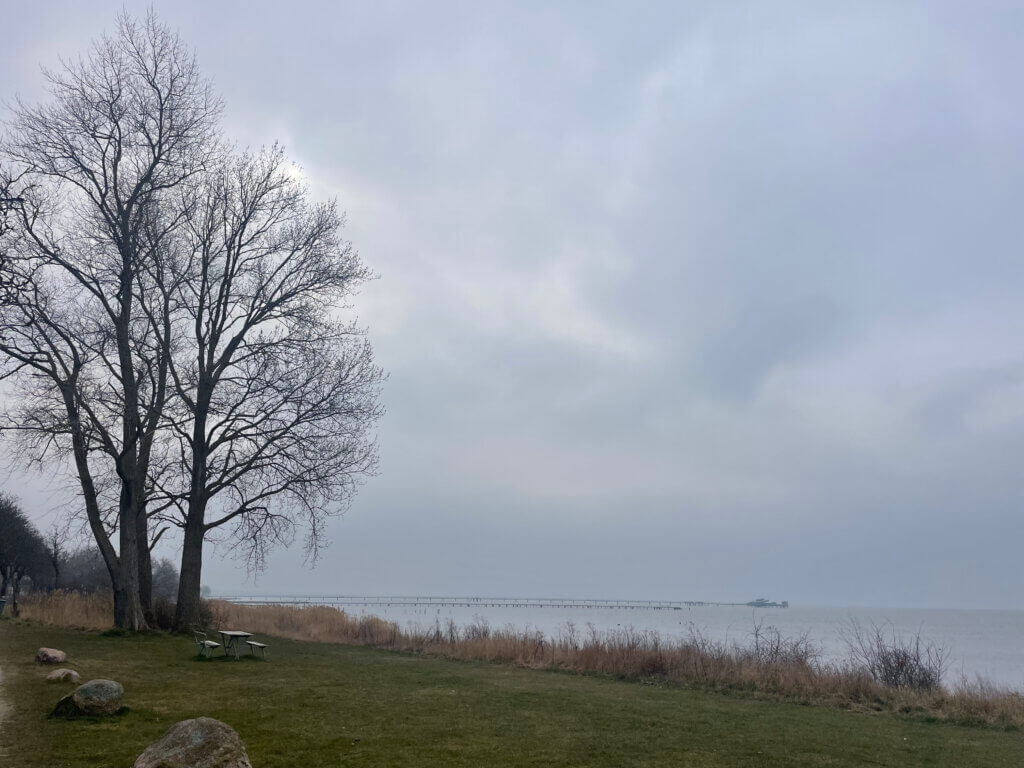
In today’s brilliant sunshine, it is really difficult to imagine that this is what it looked like last week.
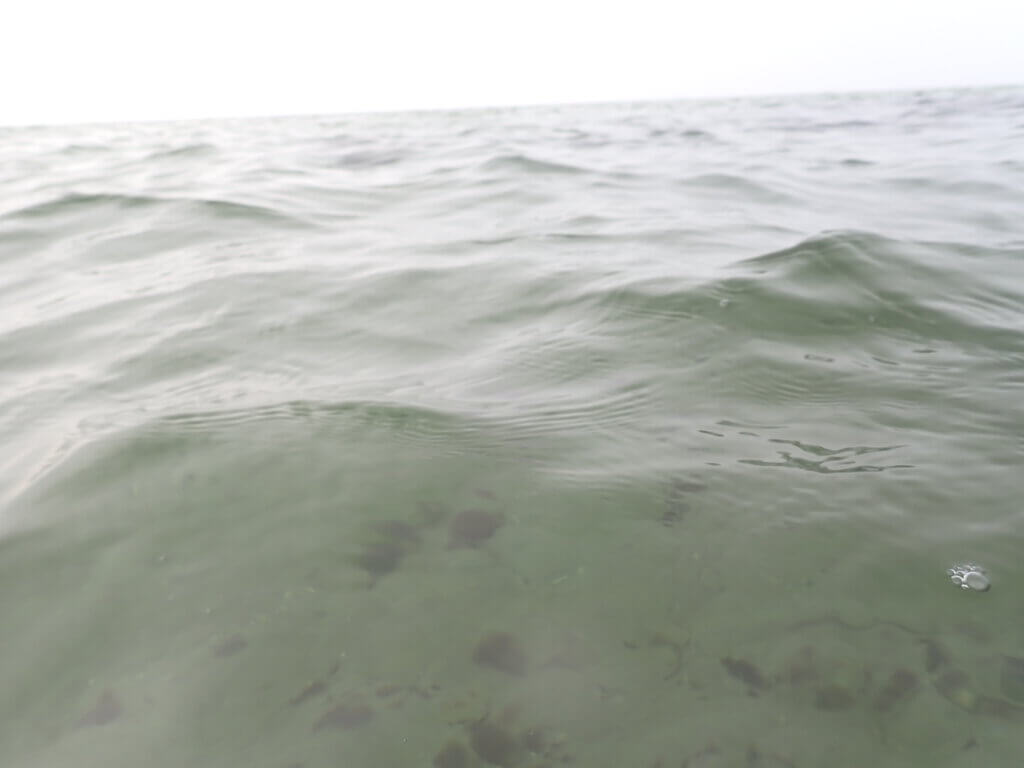
Very green under water.
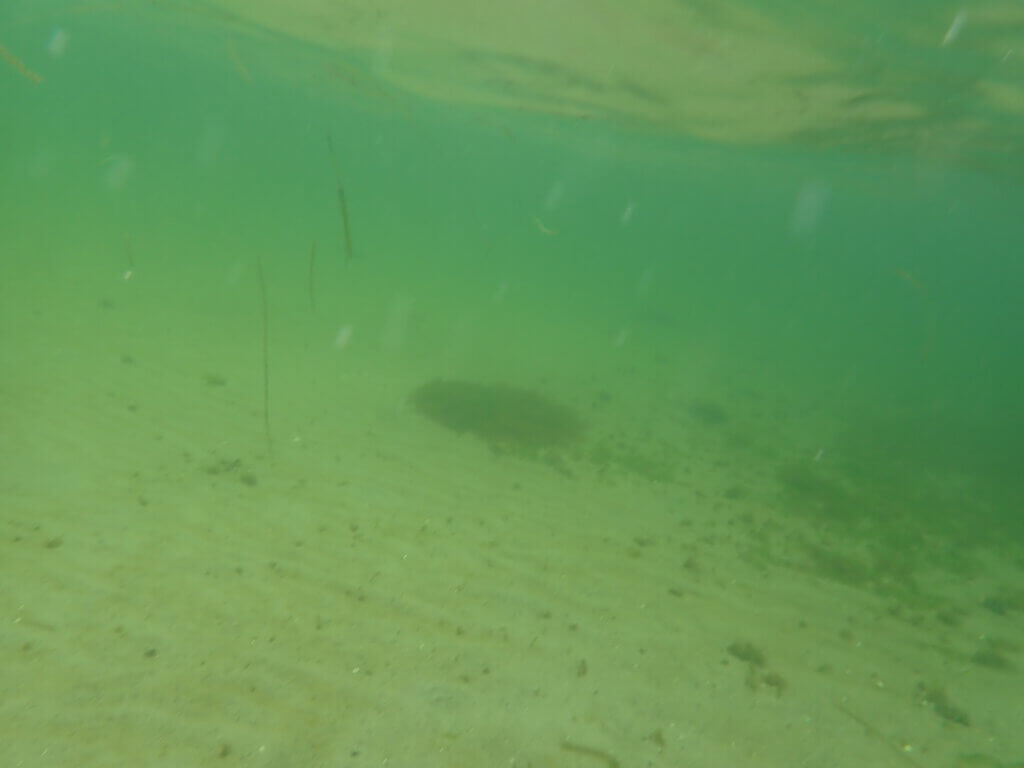
A little sun coming through!
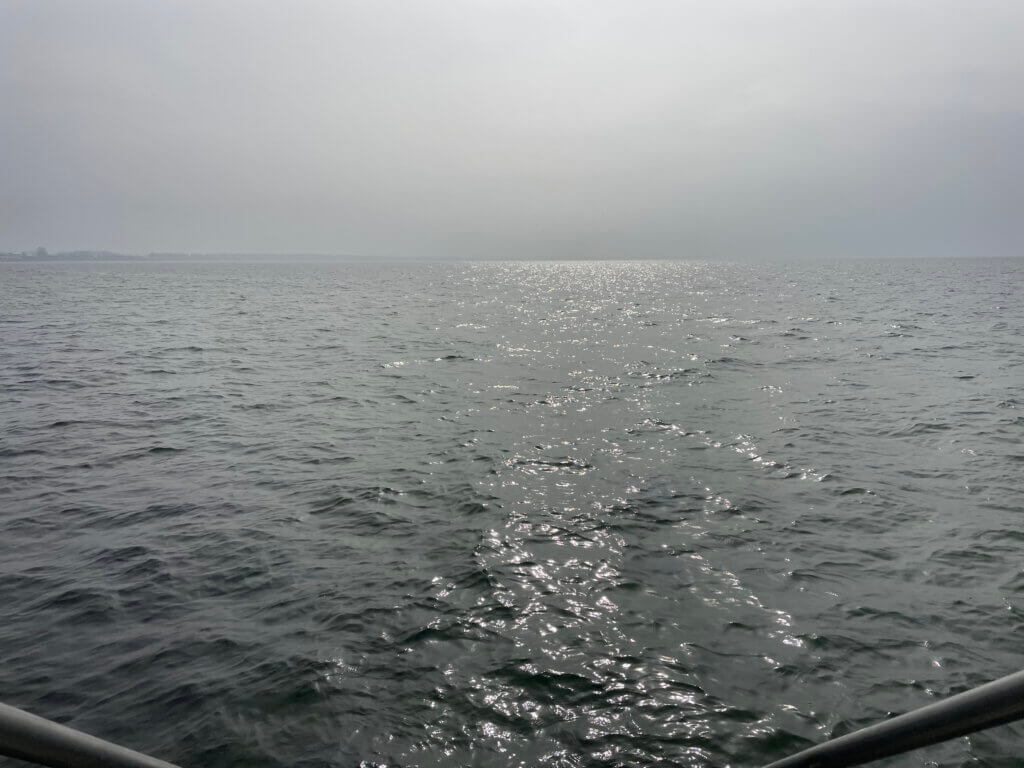
Oh, really!
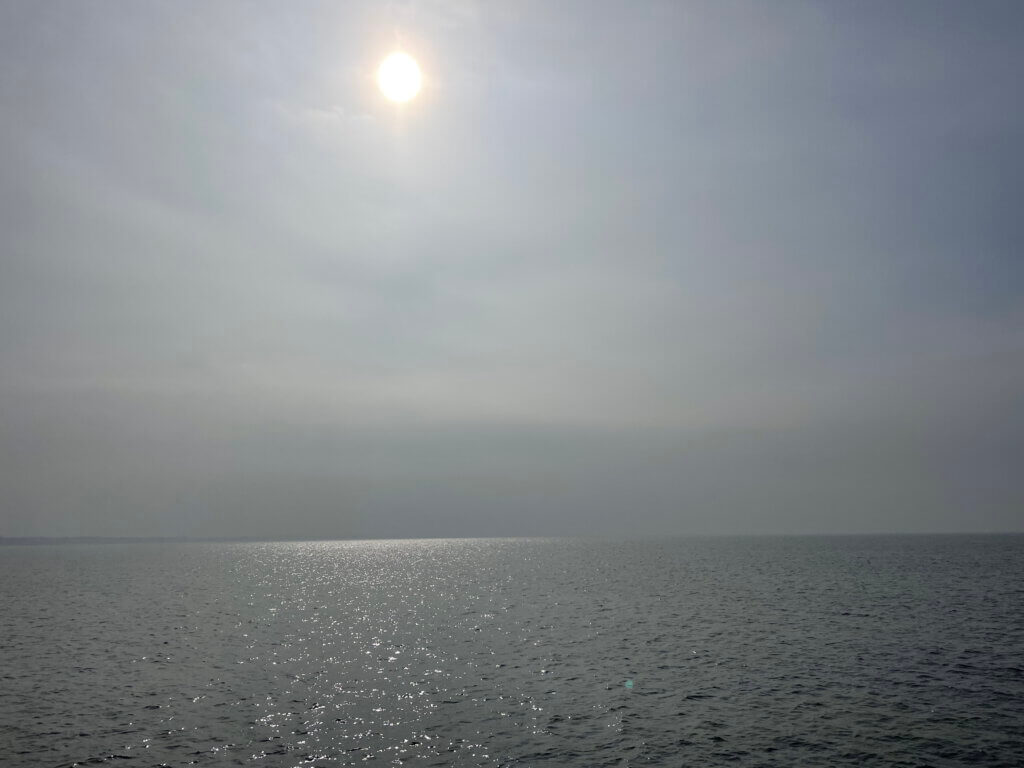
And on the way back there was even enough sun for shadows to be cast!
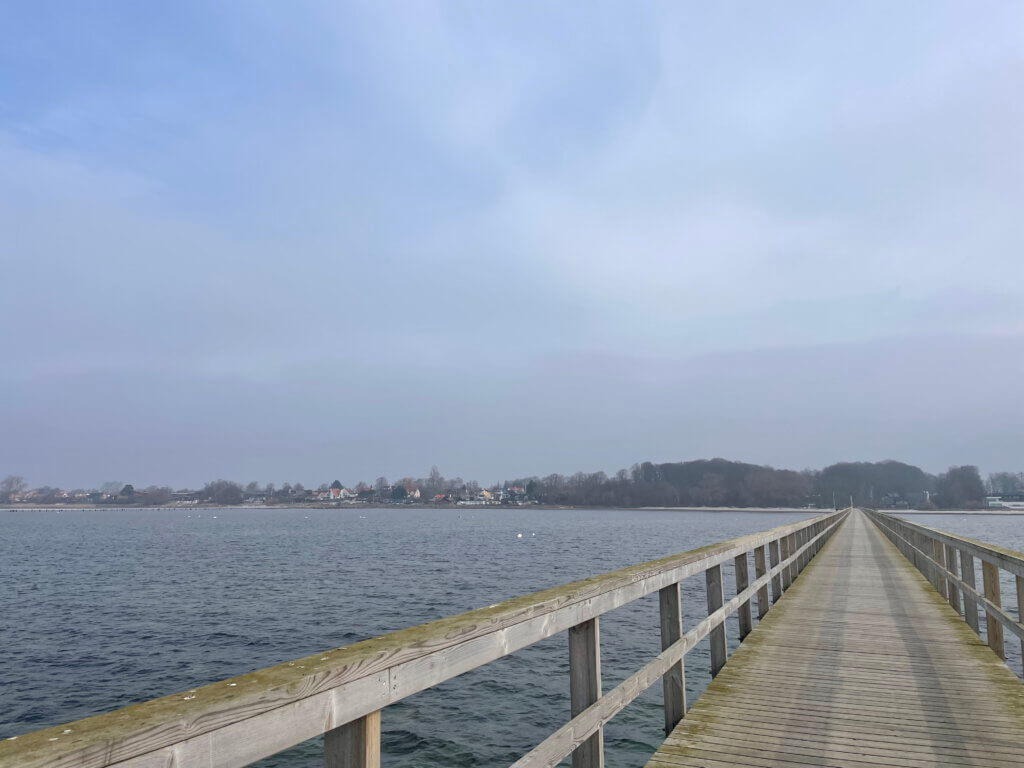
In just a few short weeks, all of this will be lush and green again! :-)
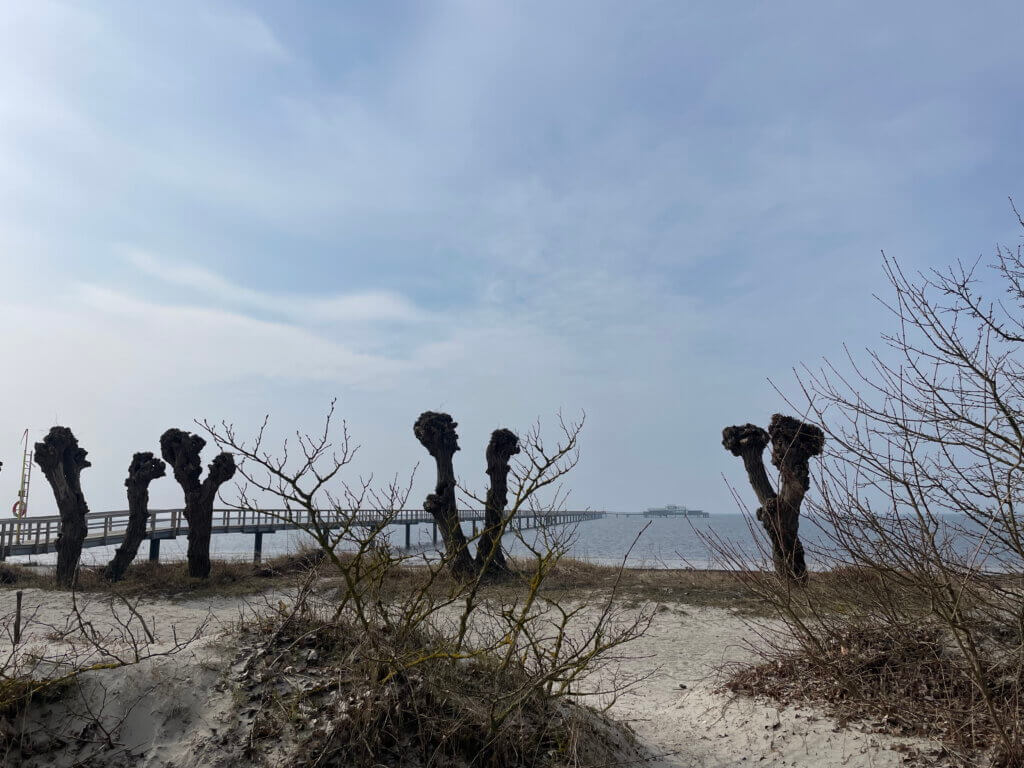
Currently reading Orr (1991) on "what is education for?" - Adventures in Oceanography and Teaching says:
[…] response to my post summarising Biesta’s purpose of education, my friend Terese sent me a speech David Orr gave in 1990 with a very similar vibe. Even though the […]